An efficient, sustainable and innovative Italian rice producer
Investments and cutting-edge technologies for tailor-made rice.
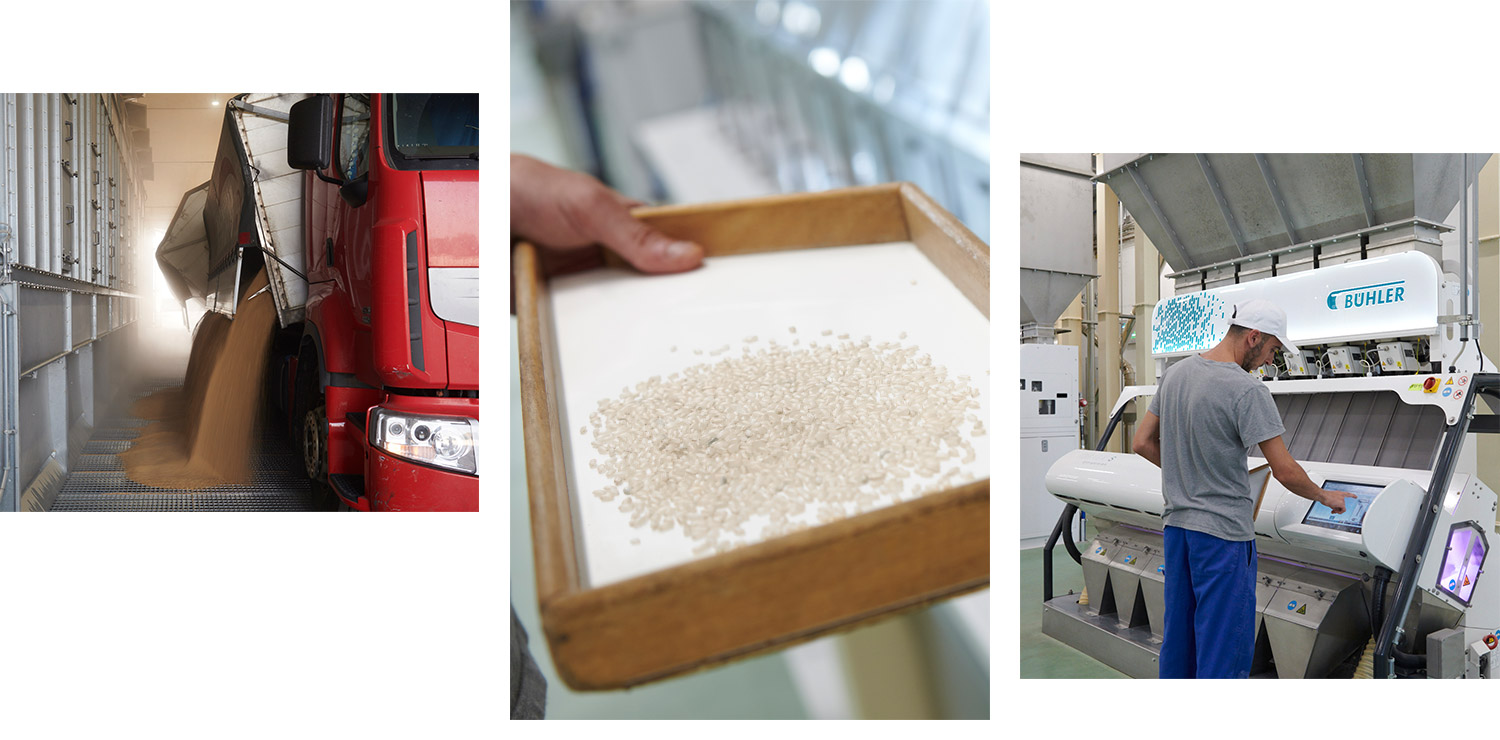
Industrial flexibility to support the market
There are more than 100.000 varieties of rice in the world.
Rice is the first cereal in the world
Italy is the largest producer in Europe where there are more than 120 varieties, which differ according to their shape.
The production capacity of SP’ Group is around 180.000 tons of raw material. We export through EU, UK, Middle East, US, South Africa, South America and Asia.
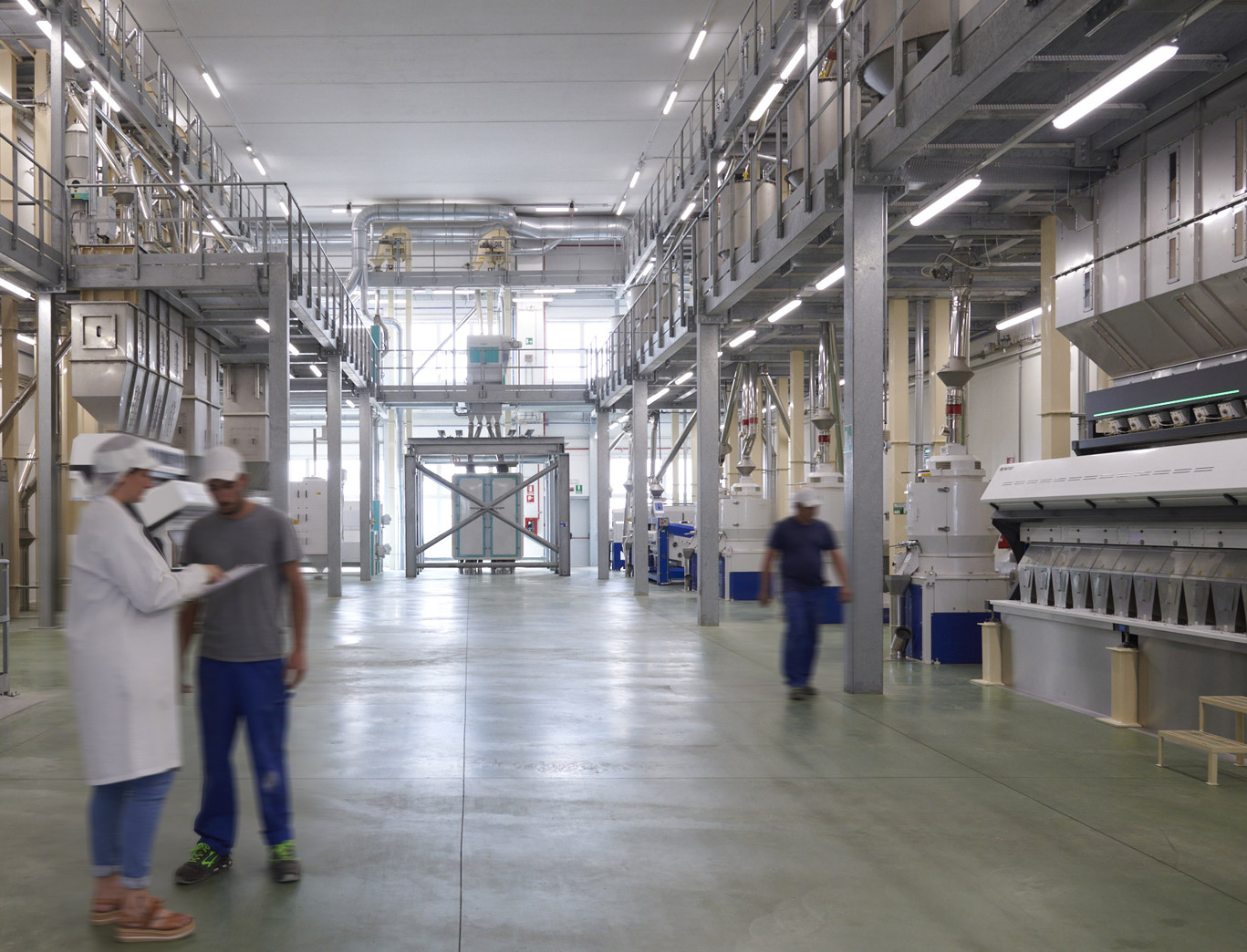
Our figures
Million euros Turnover
KWh Solar panels
Million euros invested
Thousand square metres of production space
Employees
%
Rice from Italian cultivations
%
Rice from EU cultivations
%
Rice from non-EU cultivations
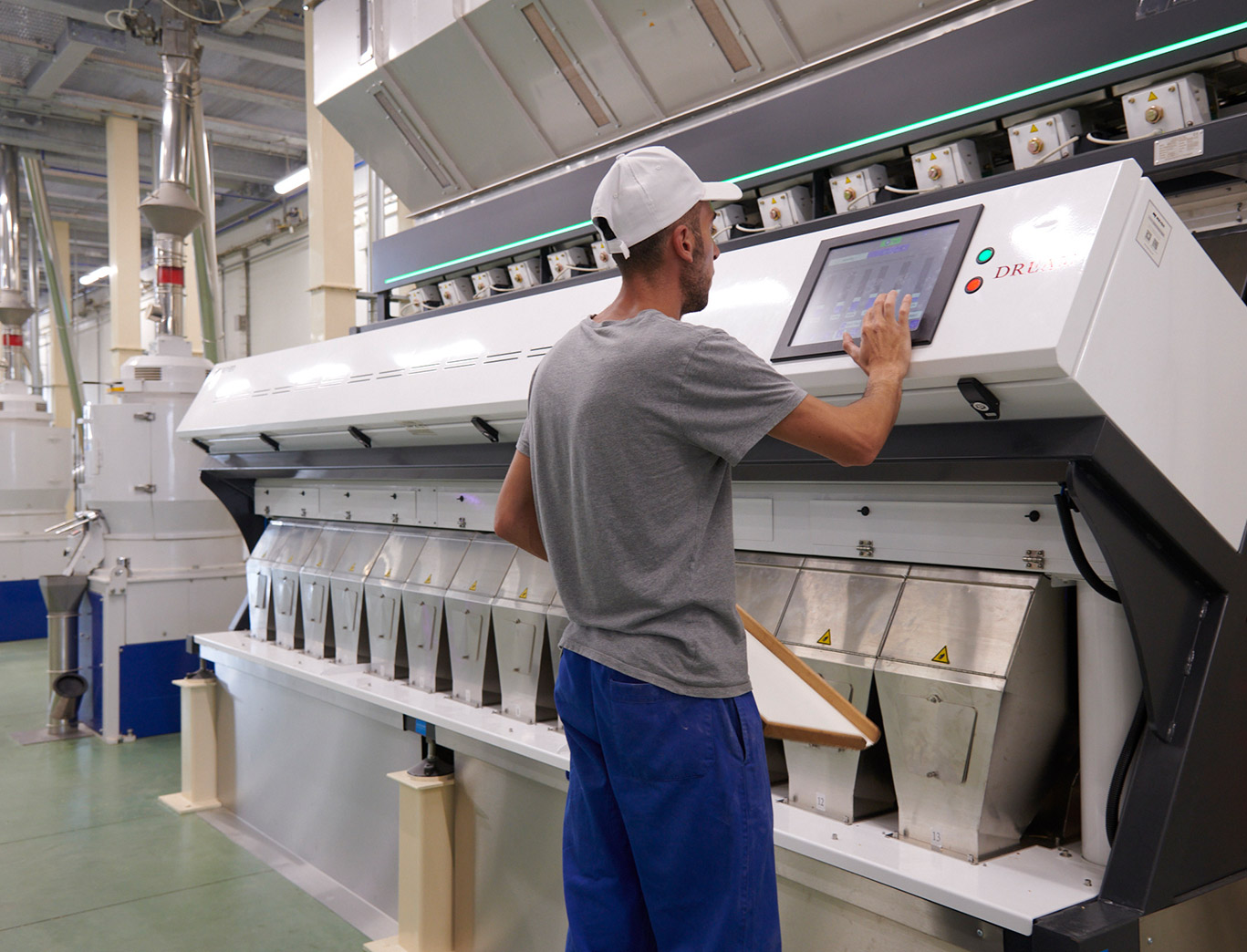
Innovation, safety and quality
In our plants we use efficient models and seek continuous improvement and innovation.
Continuous investments in highly sophisticated machinery guarantees product safety and quality throughout the process:
- Latest generation cleaners positioned at the beginning of the process allow to guarantee the clean entry of the paddy being processed;
- A series of metal detectors and magnets ensure a safe finished product;
- Use of latest generation optical sorters throughout the process (husked and white phase) for a high quality standard.
CO2 treatment
SP is the one of the first companies to subject its rice to CO2 disinfestation treatment, guaranteeing the highest possible products safety level.
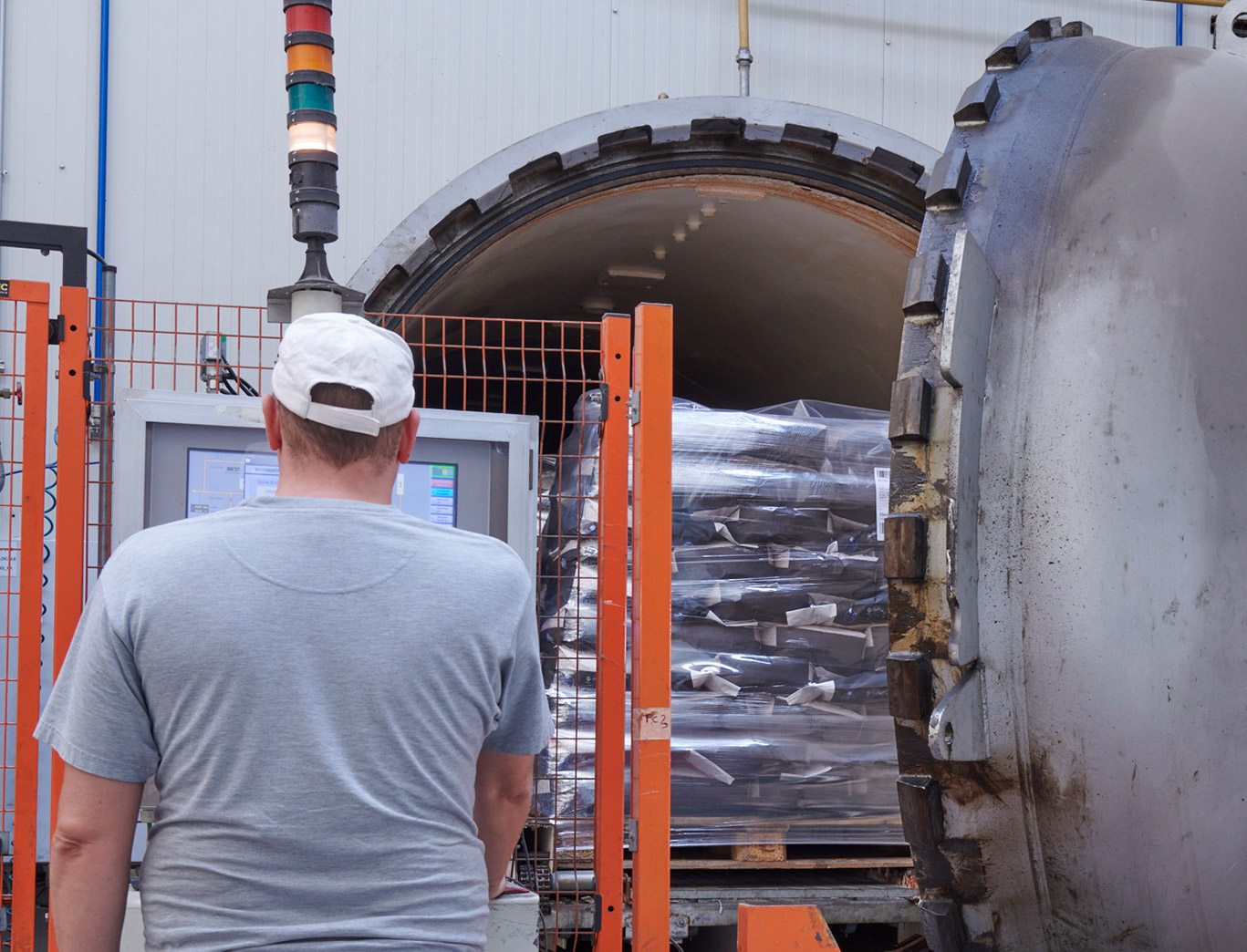
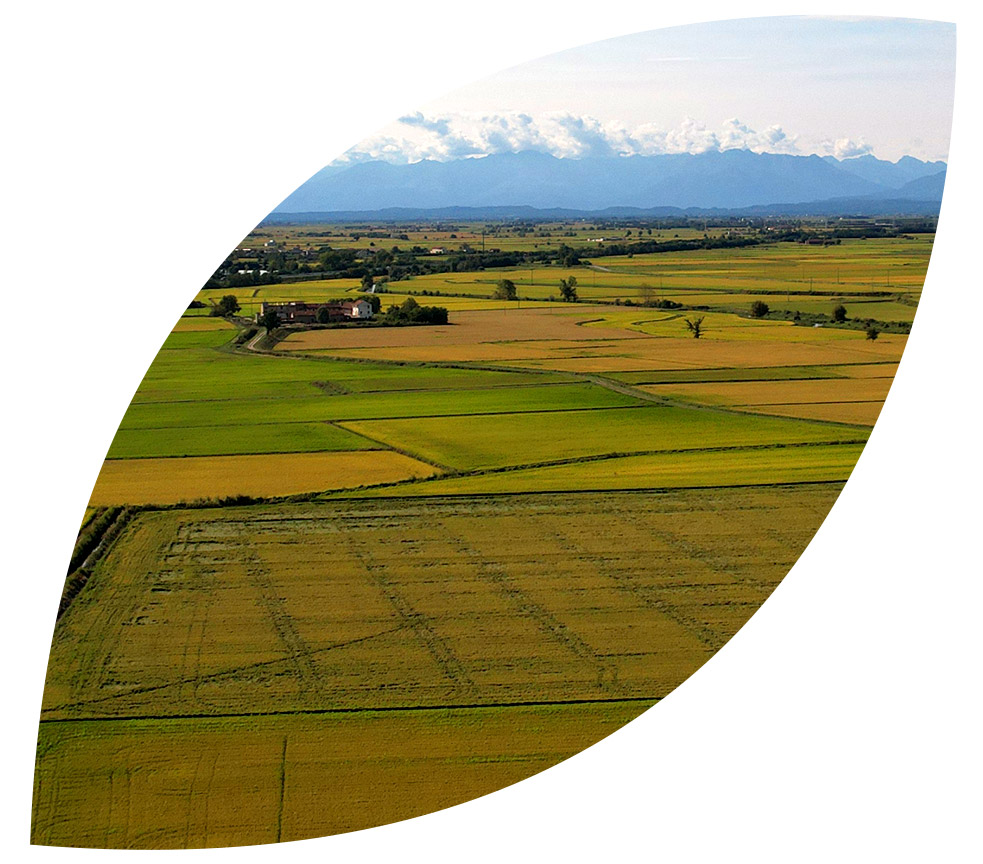
Circular Economy – Zero Waste
SP is one of the leaders in the environmental sustainability.
We are focus on minimizing the losses that occur during the agricultural production phases and the waste during industrial transformation, distribution and final consumption.
Furthermore, over the years, agreements have been developed for the sale of processing waste in the green building market and in other ecological markets in order to give an operational and practical course to the circular economy.
Certified Quality
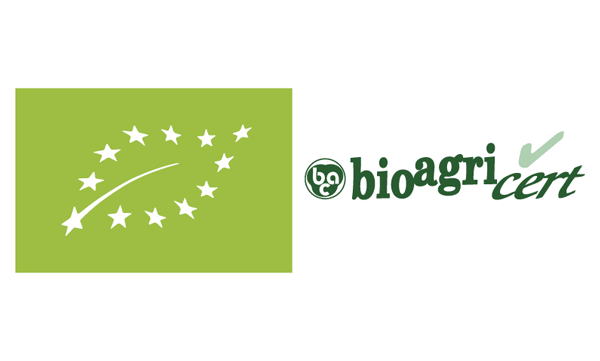
Bioagricert is an accreditation organisation that ensures that operators in the agricultural and food sector comply with organic standards. This accreditation implies compliance with strict criteria governing agricultural production, including the absence of chemical pesticides and synthetic fertilisers, the adoption of sustainable farming practices respectful of both the environment and animal welfare, as well as the traceability of the ingredients used. The Bioagricert accreditation provides consumers with the assurance that an organic product has been produced according to strict standards respectful of the environment and human health.
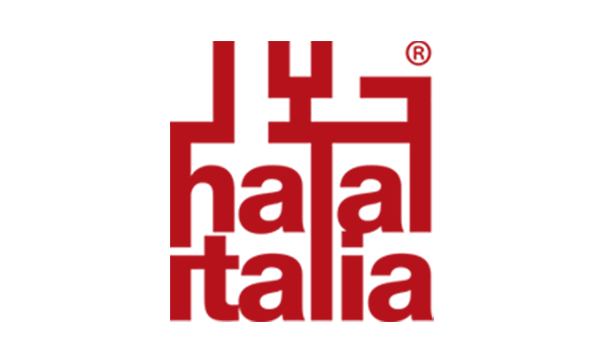
The Halal Italia accreditation certifies that a product, service or company complies with the requirements established by Islamic law, known as Shariah, regarding the production, handling and marketing of food and non-food products. These requirements include, for example, the absence of ingredients prohibited by Islam such as pork and alcohol, and compliance with hygiene and quality standards. Halal Italia certification provides Muslim consumers with the assurance that certified products and services conform to the principles of Islam and can be consumed or used in accordance with their religious beliefs.
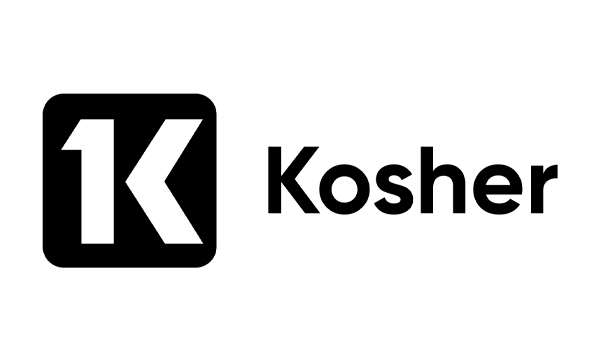
The word Kosher in Hebrew means in “accordance with the law” or “suitable” and indicates that a food has been produced in accordance with the dietary rules prescribed by the Bible. Kosher certification is thus an attestation that a food product or production facility meets the requirements of Jewish law, known as Kashrut, and that Jewish consumers can consume the products with confidence and safety.
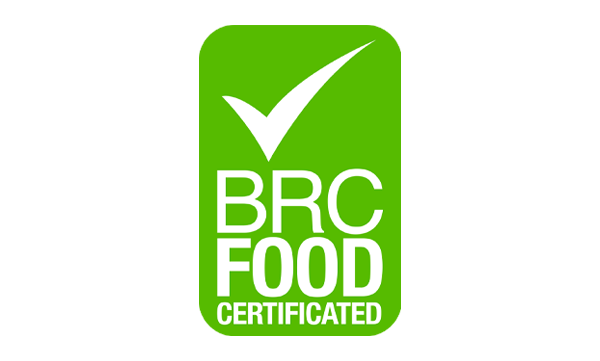
BRC (Brand Reputation Compliance) Food certification certifies the quality and safety of food products by a blend of quality/product management systems, hygiene self-control (HACCP) and Good Manufacturing Practices (GMP). The internationality of this standard provides global suppliers with the opportunity to demonstrate to their current and potential customers that they support the highest standards of safety, quality and legal compliance. The objectives are:
- to improve internal processes and increase productivity levels
the increased safety of workplaces and products - transparency in customer relations
- synergy with the main quality management system standards and food safety regulations, joint audits with significant time and cost savings.
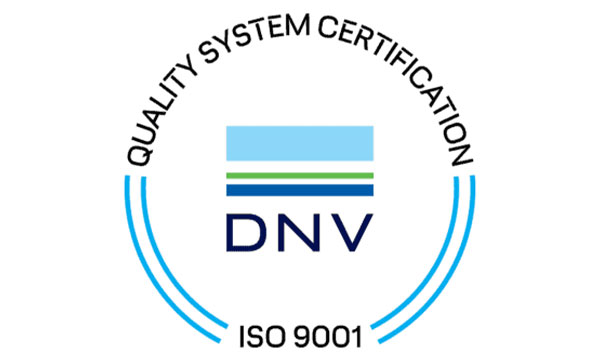
ISO 9001 certification is an acknowledgement that an organisation has implemented a quality management system that complies with the standards set out in ISO 9001. This certification is widely recognised internationally and demonstrates the organisation’s commitment to quality, efficacy and continuous improvement of its processes and services. Obtaining ISO 9001 certification confirms the organisation’s commitment to quality, customer satisfaction and continuous improvement of its processes and services, whilst also delivering a competitive market advantage.
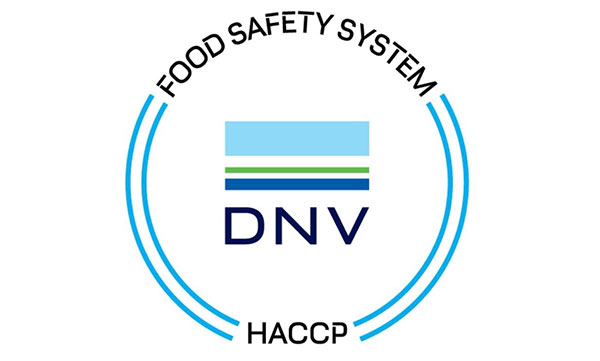
HACCP (Hazard Analysis and Critical Control Points) certification is an acknowledgement that a food organisation has implemented a food safety management system that complies with the principles and requirements of the HACCP standard. This system is designed to identify, assess and control food safety risks along the entire food production chain.
- Hazard Identification
- Risk Analysis
- Identification of critical control points
- Implementation of control measures
- Monitoring and recording
- Verification and revision

ISO 22005: Valid only for yumenishiki rice and for the Ponti Group for their rice vinegar made from broken Italian rice, this ISO 22005 certification focuses on traceability in the food chain, providing guidelines for traceability and the related procedures used in the food industry. This standard is designed to ensure that food products can be traced along the entire supply chain, from primary production right to the end consumer. This certification is particularly important in demonstrating a company’s commitment to food safety and transparency in the food supply chain.
ISO 22000: The ISO 22000 certification is an international standard that establishes requirements for food safety management systems, ensuring that companies in the food sector produce food that is safe for human consumption. This standard provides a comprehensive framework for the implementation of a food safety management system, including procedures and processes to identify, assess and control food safety risks throughout the supply chain. This certification promotes a culture of food safety and requires an ongoing commitment to continuous improvement.
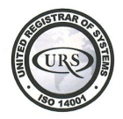
ISO 14001: The ISO 14001 certification is an international standard for environmental management systems helping organisations identify, manage and improve their environmental impact. It provides a detailed framework for the development of an effective system, including environmental risk assessment, performance monitoring and pollution prevention measures. The ISO 14001 certification demonstrates a commitment to environmental sustainability, providing benefits such as better risk management and increased regulatory compliance.
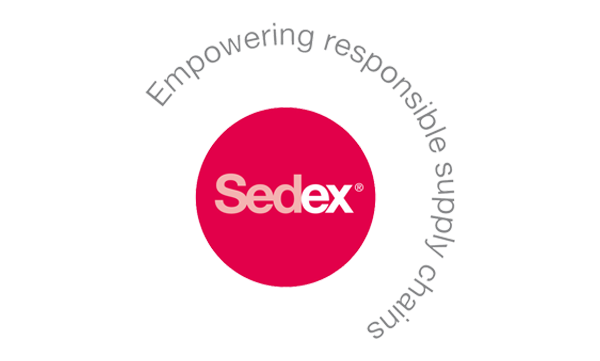
The 4Smeta Phillar certification confirms that a company is registered and has successfully passed the Sedex (Supplier Ethical Data Exchange) compliance audit. Sedex is a global platform that promotes corporate social responsibility (CSR) along the supply chain. It confirms that a company is committed to promoting and respecting ethical and socially responsible practices within its supply chain:
- Ethical management of human resources
- Promoting safe and respectful working conditions
- Compliance with environmental regulations
- Transparency in the supply chain

IFS Food is an international standard for the conformity assessment of products and processes in relation to food safety and quality. The aim is to build trust in products and processes by ensuring safety, quality, legality and compliance with specific customer requirements. The IFS Food standard applies to suppliers at all stages of food processing after agricultural processing. The requirements refer to the quality management system and the HACCP (Hazard Analysis &Critical Control Points) system, supported by detailed prerequisite programmes, i.e. a set of GMP (Good Manufacturing Practice), GLP (Good Laboratory Practice) and GHP (Good Hygiene Practice) requirements.
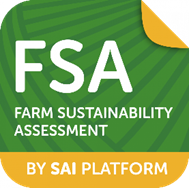
The Farm Sustainability Assessment (FSA) is a tool developed by the Sustainable Agriculture Initiative (SAI) Platform to promote sustainable agricultural practices. It evaluates and certifies farms according to three levels of sustainability: Basic, Intermediate and Advanced. The FSA helps companies to continuously improve their practices, ensuring operational efficiency, regulatory compliance and access to new markets. Through a process of self-assessment and external verification, farms have to opportunity to obtain official recognition for their commitment to more sustainable agriculture.
Our History
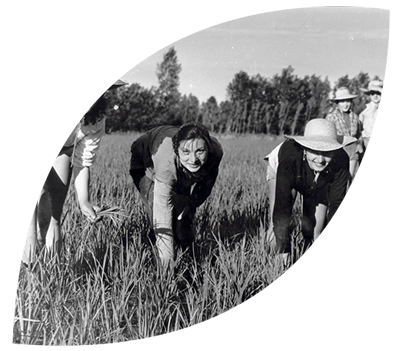
2000
Foundation year
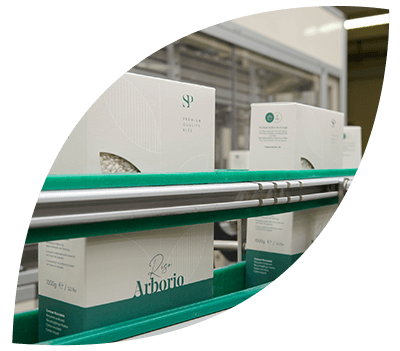
2009
Implemented packaging Dept
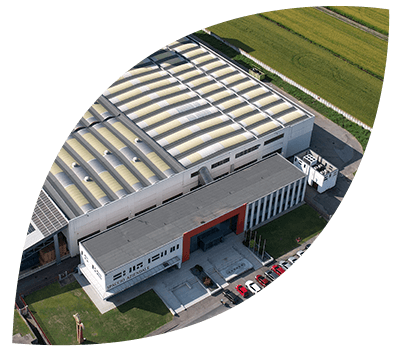
2012
HQ built
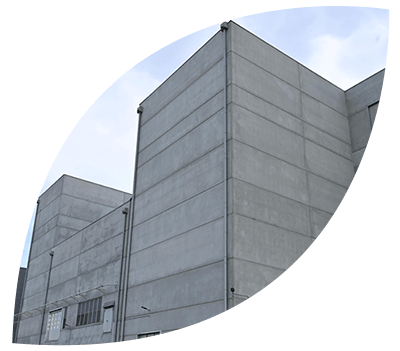
2015 – 2017
From brown rice to white rice
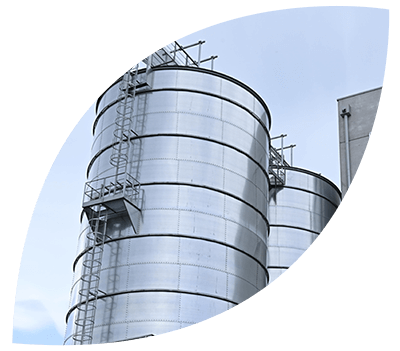
2018 – 2020
From paddy to brown rice
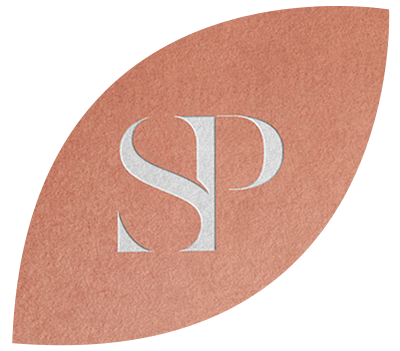
2020
New management and new shareholders structure
